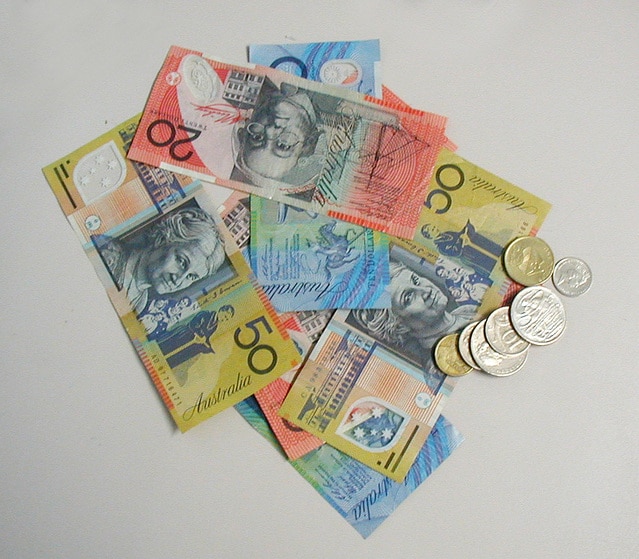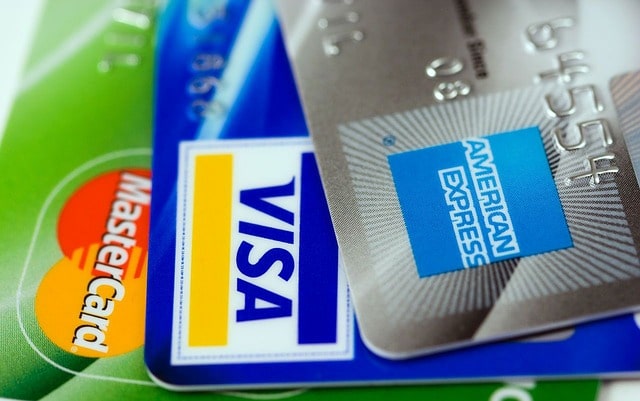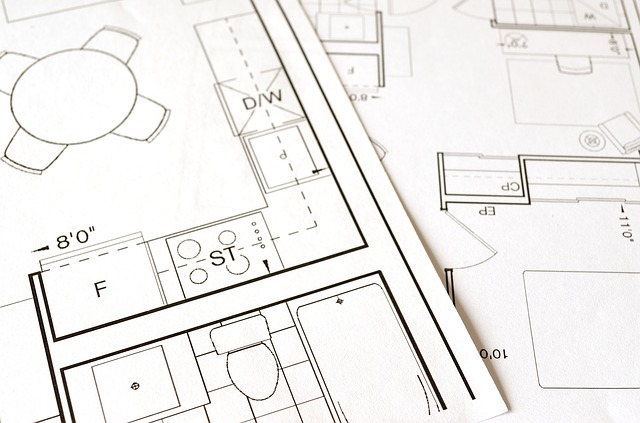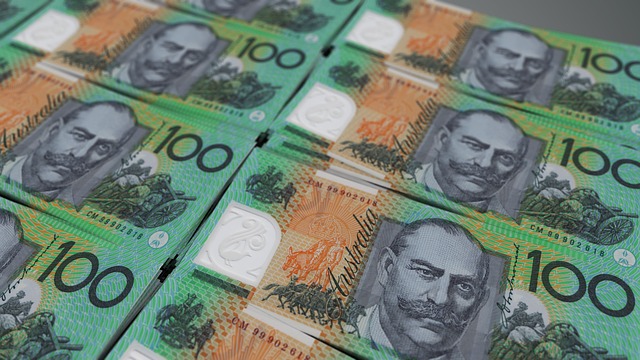A secured loan is a type of loan supported by
The principle guiding secured loans is simple. The loan company accepts a collateral as a security for the secured loan and encourages the borrower to settle the loan within due time. All things considered, the chance of sacrificing your house or car is a strong incentive to settle the loan and prevent reversal or property foreclosure.
Secured Loans You Can Apply For
Secured loans are available in many types, however the three most popular forms of secured loans comprise of three main consumer loan types, all necessitating proper security prior to loan approval.
Home loans or Mortgage Loans: Home loans or Mortgage loans makes the list of secured loans. These loans are considered “securable” by loan companies. If the borrower does not repay the secured loan, the house may go into property foreclosure and the borrower may lose the house.
Car Loans: Loans for cars, boats, motorbikes, and civilian aircraft are regarded as secured loans because loan companies use the vehicle as collateral to secure the loan. Like a mortgage, top the loan company can take possession of the property in case of defaults or failure to pay.
Secured Credit Cards: An excellent way for individuals to build or rebuild credit is through secured credit cards. However, not like home loans or car loans, these types of credit cards require a deposit as collateral. By default, if the top is not able to make payments due, the bank can withdraw from the cash deposit.
Types of Collateral That Can Be Used To Secure a Loan
Virtually any asset authorized by law may be used to get a secured loan. However, loan companies prefers a collateral that’s liquid and has a value that is around the total loan amount being applied for.
Acceptable collateral are usually the following listed below:
- Real estate property which includes any the equity received since buying the home.
- Bank accounts in the form of savings accounts or checking accounts including money market deposits and certificates of depositVehicles such as cars, SUVs, trucks, motorcycles, private airplanes, boats, or other motor vehicles
- Mutual funds, stocks, or any type of bond investments
- Insurance policies such as life insurance
- Other valuables such as precious metals and high-end collectibles
When applying for a secured loan, the loan company will inquire what kind of security do you have as a security to repay the loan. Should you have difficulties with loan settlement, the lending company could put lien obligation on the collateral (the statutory lien is a legal right of the lender to claim the property placed by the borrower as a security or collateral).
The loan company will maintain the lien active throughout repayment period until the loan is paid in full. When loan is fully paid, the statutory lien will be removed and the ownership of the security will return to the borrower. If the borrower fails on payments, the loan company can collect the collateral and sells it to the market in order to compensate for the losses suffered in the loan.
For this reason it’s crucial for borrowers taking out a secured loan to fully understand the type of asset they are putting up as a security for the loan. Borrowers should think about the value of the asset versus a potential lien or security loss in case the secured loan defaults.






